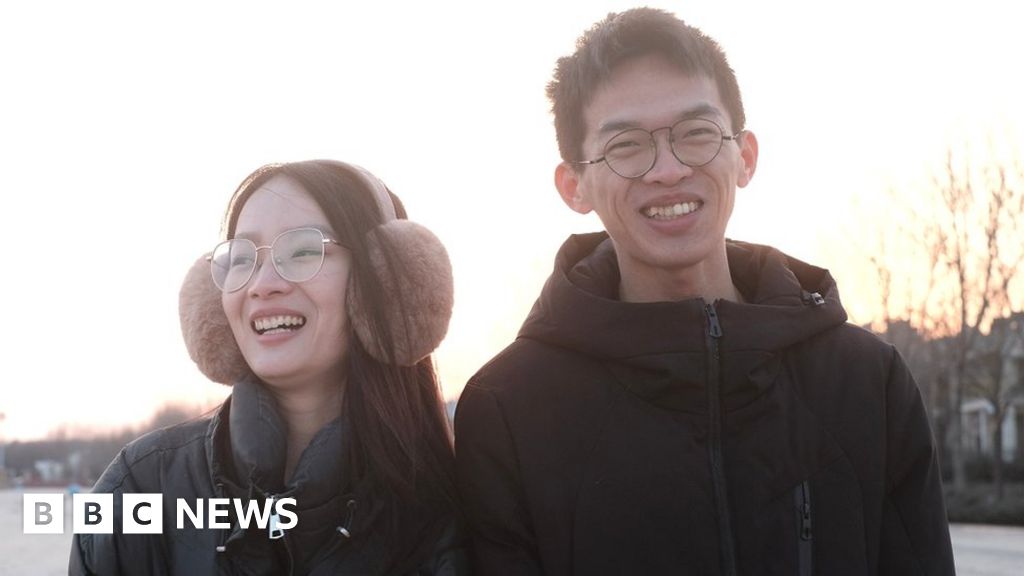“I’ve had one, two, three, four… five jobs in the last few months,” says Joy Zhang, a 23-year-old graduate.
She counts them on her fingers as she walks through a line of stalls at a local food market in Chengdu, a city in south-west China’s Sichuan province.
“The fact is there are lots of jobs, the problem is whether you are willing to lower your expectations,” she adds, before turning to negotiate a price for snow pea shoots.
Joy’s experience is not unusual in today’s China, where there are more graduates than employers that need them. Out of her class of 32, only around a third have found full-time jobs since graduating in the summer.
More than one in five people between the ages of 16 and 24 are jobless in China, according to official data from August 2022. The government has not released youth unemployment figures since then.
Lots of premature dooming and the article loosely acknowledges that. At the same time there’s plenty the CPC can do to improve the status quo for young people, and all people really. I don’t know of they’d have the wisdom to do that.
I don’t know of they’d have the wisdom to do that.
Probably not. Any measure for this usually stops at Xi and his usual “it would make people lazy” reply.
This is so fucking annoying… and so irresponsible given how many people’s futures are at stake, let alone the rest of the world that is affected by it in a number of ways.
That’s typical for authoritarian rule. The leader has a fixed idea and makes it happen while nobody dares to say anything. That way they get some things done that are hard in democracies, but they also do some really detrimental things. The longer they are in power, the more of the latter stuff they do.
Yet they want people to have more children.
many asian nations have the same problem - they have a large aging population. old people are less likely to work, less likely to be a reliable tax-base. old people require a lot of care - and that costs. it costs money, time, and resources - a young person caring for an old person is a young person not in the factory making products.
hence the desire to have a +% in population growth. without that, in ~30 to 40 years, China will lose about half of it’s population. most asian countries are in the same boat. Japan has it even worse since they modernized earlier/faster.
I graduated from a public research university in the US not too long ago, where a bit over 20% of undergraduates were international students from China. Talking to coworkers, it seems this is fairly common in schools across the country.
It seems like China now has the same “top-heaviness” problem we have. Too many people were forced to go to college by their parents, to get a degree in something, anything, and now we have a bunch of unemployed people with degrees AND a bunch of openings for important jobs that they’re “overqualified” for
This is the best summary I could come up with:
She counts them on her fingers as she walks through a line of stalls at a local food market in Chengdu, a city in south-west China’s Sichuan province.
With China’s boom years behind them, millions of young people are confronting a future they did not prepare for - and how they respond will shape the fate of the world’s second-largest economy.
A revolution is taking place in the minds of the country’s Generation Z, according to anthropologist Xiang Biao, an Oxford University professor who spends a lot of time speaking to young people in China.
She begged a tour company to take her on as a guide for the panda park in Chengdu over the summer, she sold hot drinks and she interned at a kindergarten.
Beijing may be worried that this crisis could fester, that social discontent will rise and a disillusioned youth will pose a threat to the Communist Party’s rule.
In his New Year’s Eve address, Mr Xi said that China had withstood the “test of winds and rains” and declared his “full confidence in the future”.
The original article contains 1,710 words, the summary contains 180 words. Saved 89%. I’m a bot and I’m open source!
deleted by creator





